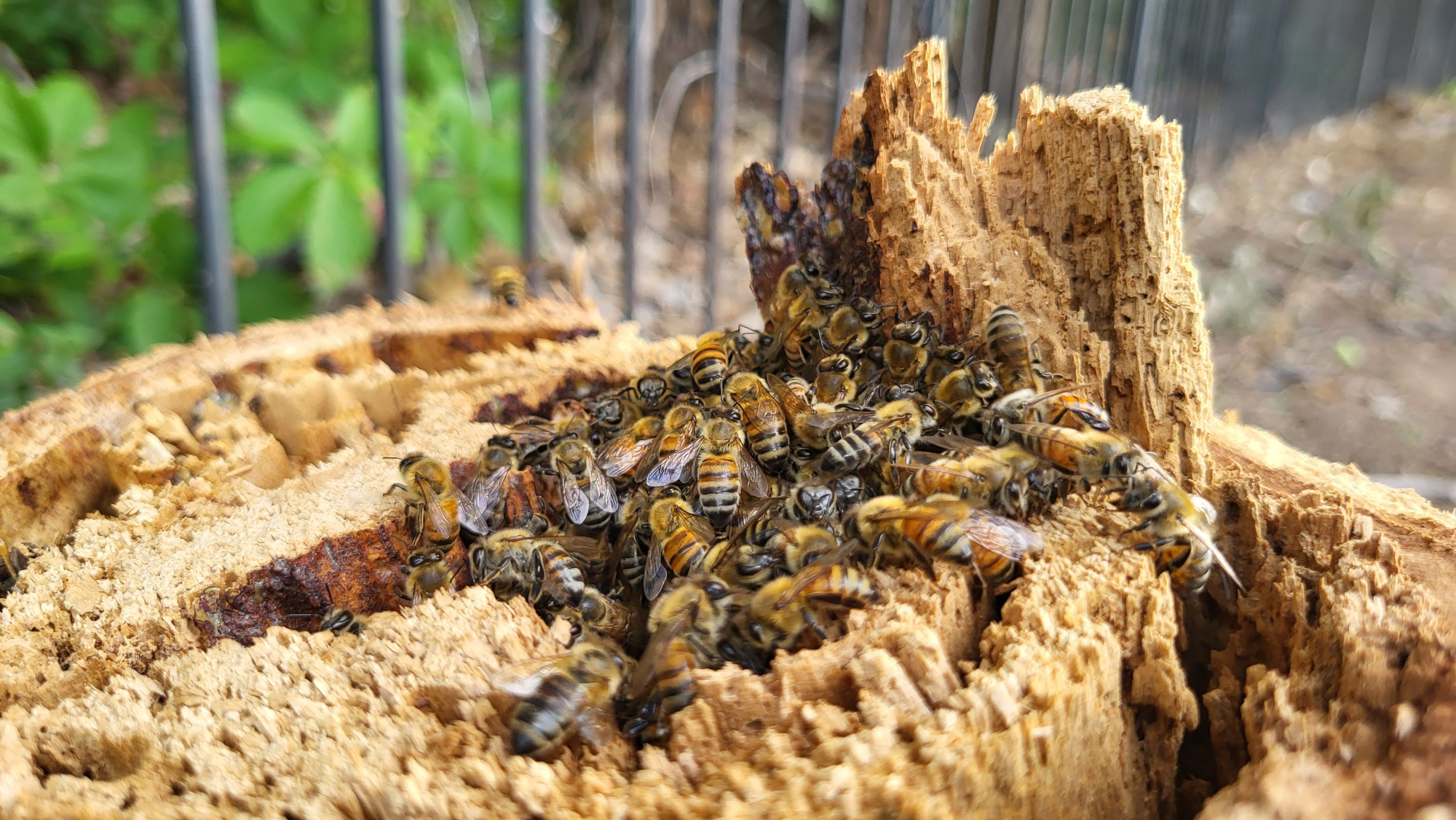In a nutshell: Panelists present various viewpoints and examples of how landscape-scale management can be understood through investigation of a single species. View the recording for research reviews, case studies, and stories about tribal forestry, jaguars’ adaptability to changing conditions across borders, pollinator survival, bat conservation, and more to advance our understanding of fire and improve wildlife outcomes.
Recorded On: September 24, 2024
Description: In January, the Southwest Fire Science Consortium, USDA Forest Service, Southwest Climate Adaptation Science Center, and many other partners hosted a two-day workshop on the intersection of wildlife and fire. Based on the needs identified in the workshop, this collaborative group committed to producing a yearlong series of workshops, webinars, and reports to improve wildlife outcomes in the face of fire and climate change. This series is intended to help researchers and practitioners across fire and wildlife disciplines exchange ideas, tools, and lessons to address the rapid pace and scale of fire management.
In the fourth webinar of this series, a panel of experts representing agency, tribal, NGO, and international interests discusses understanding wildlife conservation and landscape-scale impacts of fire in the Southwest through a single-species lens. Topics include the 4th Congressionally mandated national assessment on tribal forestry, which documents how tribes balance the triple bottom line of land stewardship; an iconic case study demonstrating single species management with large impactions for wildland fire and forest restoration; the importance of adopting flexible and regionally-relevant management practices, including various fire management practices, for the conservation of jaguars, a wide-ranging species with the potential to adapt to changing features over a large landscape and across national borders; current research on important pollinators – bees – including their known positive response to intermediate disturbance and the unknowns of their response to increasingly uncharacteristic wildfire; and making the connection between fire, watershed restoration, and bat conservation in the Southwest. Please view the recording to learn more about understanding the intersection of fire and wildlife through a singular species focus with many viewpoints.
Presenter(s): Dr. Serra Hoagland (Pueblo of Laguna), National Program Lead for Tribal Research for the USDA Forest Service; Juan Carlos Bravo, Associate Director and Conservation Programs Director of Wildlands Network; Dr. Olivia Messinger Carril, teacher at Santa Fe Girls School, researcher, and author; and Daniel Taylor, Senior Restoration Specialist with Bat Conservation International.
Resources:
- Article on climate predictions for bat communities is drought-risk areas:
- Effects of lower-impact fire on Mexican Spotted Owl habitat suitability:
- Assessment of Indian Forests and Forest Management in the United States 2023 (report IV), an independent assessment of Indian forest lands and management practices produced by the Indian Forest Management Assessment Team(IFMAT) and updated every ten years
- Bats and Forest Management
- Bats & Fire
This webinar is co-hosted by the Arizona Wildfire Initiative.
Register for all our webinars and get the zoom link delivered automatically to your inbox each month! You can also unsubscribe at this link. REGISTER FOR ALL WEBINARS HERE.

